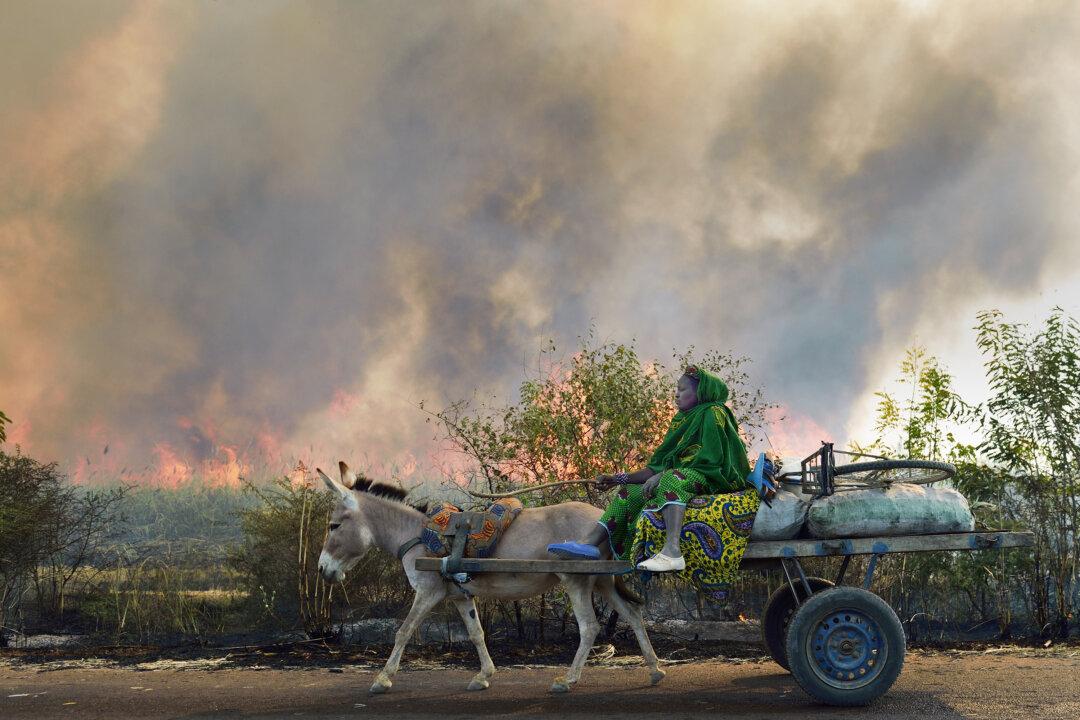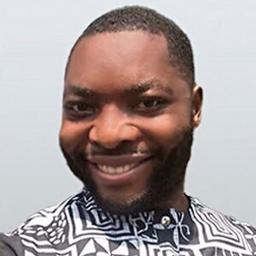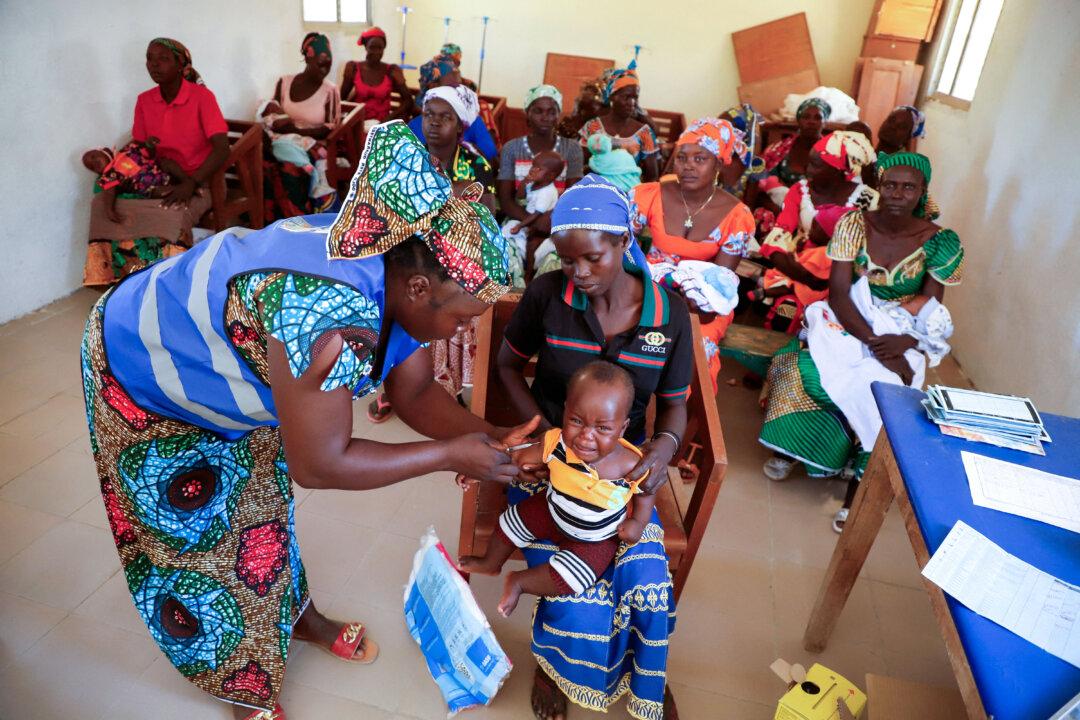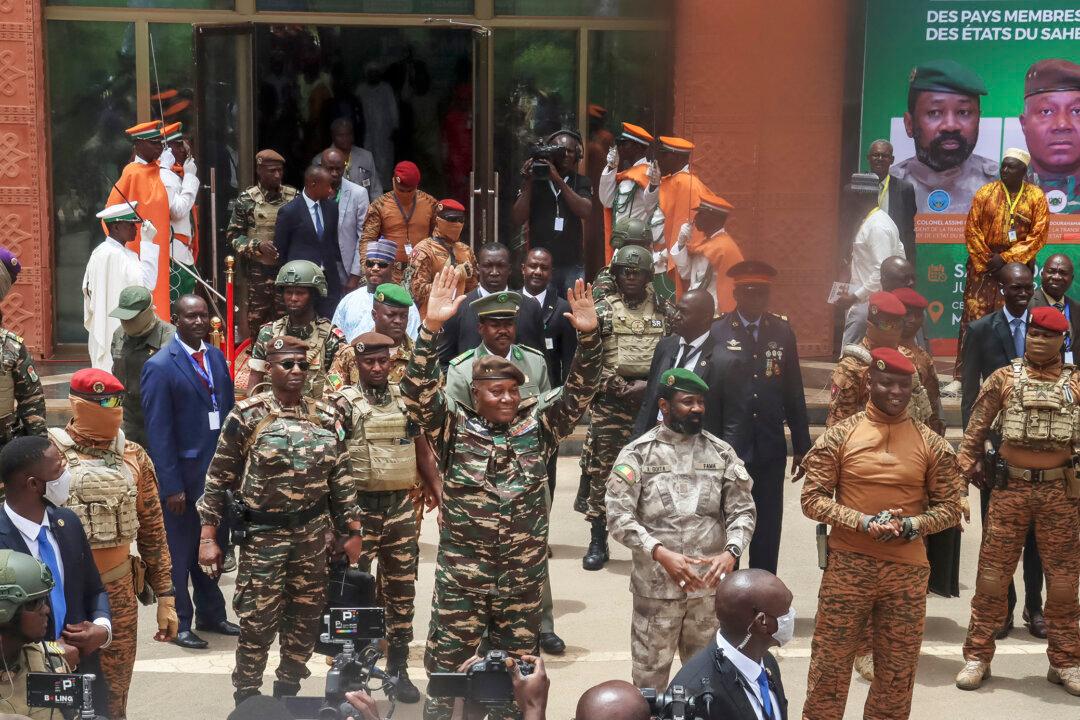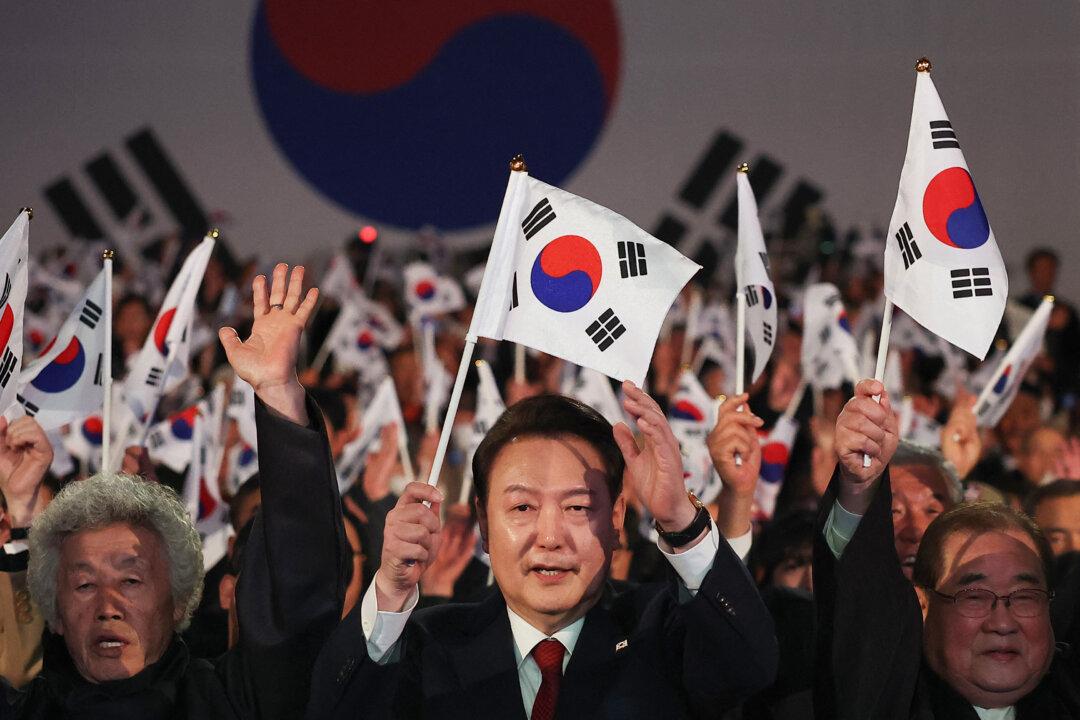At a time when Russian private military contractor—the Wagner Group—has come under careful international scrutiny for gross human rights abuses, possible war crimes, and crimes against humanity in Mali, Moscow’s Foreign Minister, Sergei Lavrov has promised even more military support for the West African state.
During a one-day working visit to Mali on Feb. 7 (the third trip to Africa in just six months), Lavrov was swift in declaring Russia’s wider backing for the continent regardless of what he termed the West’s “neo-colonial approach.”
